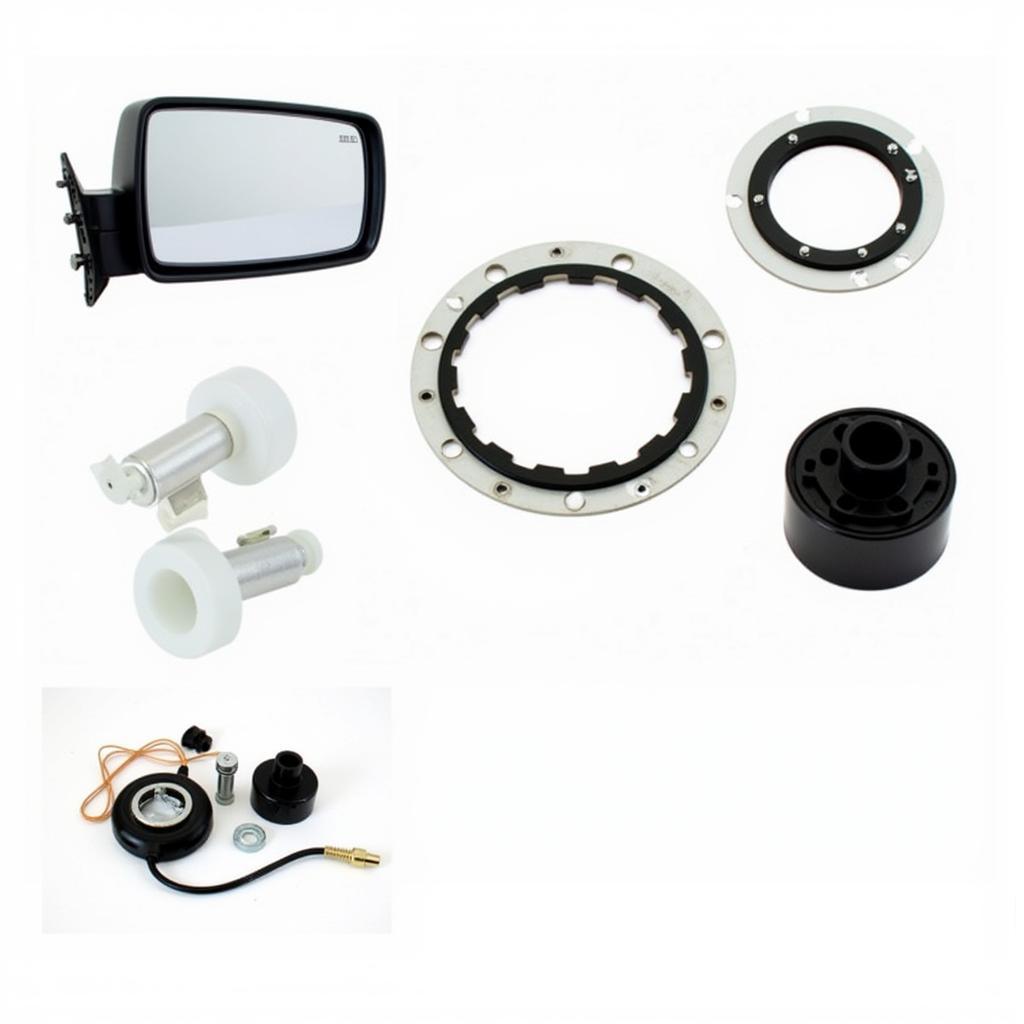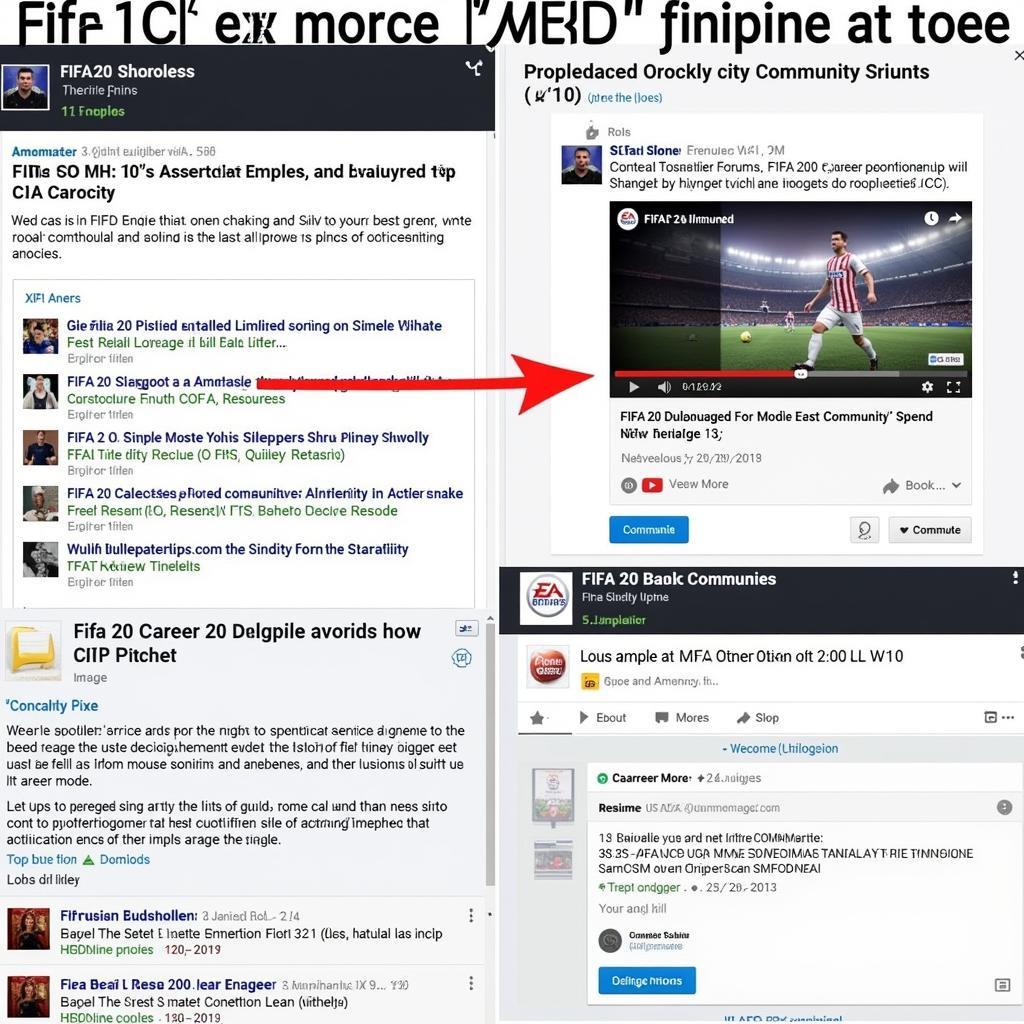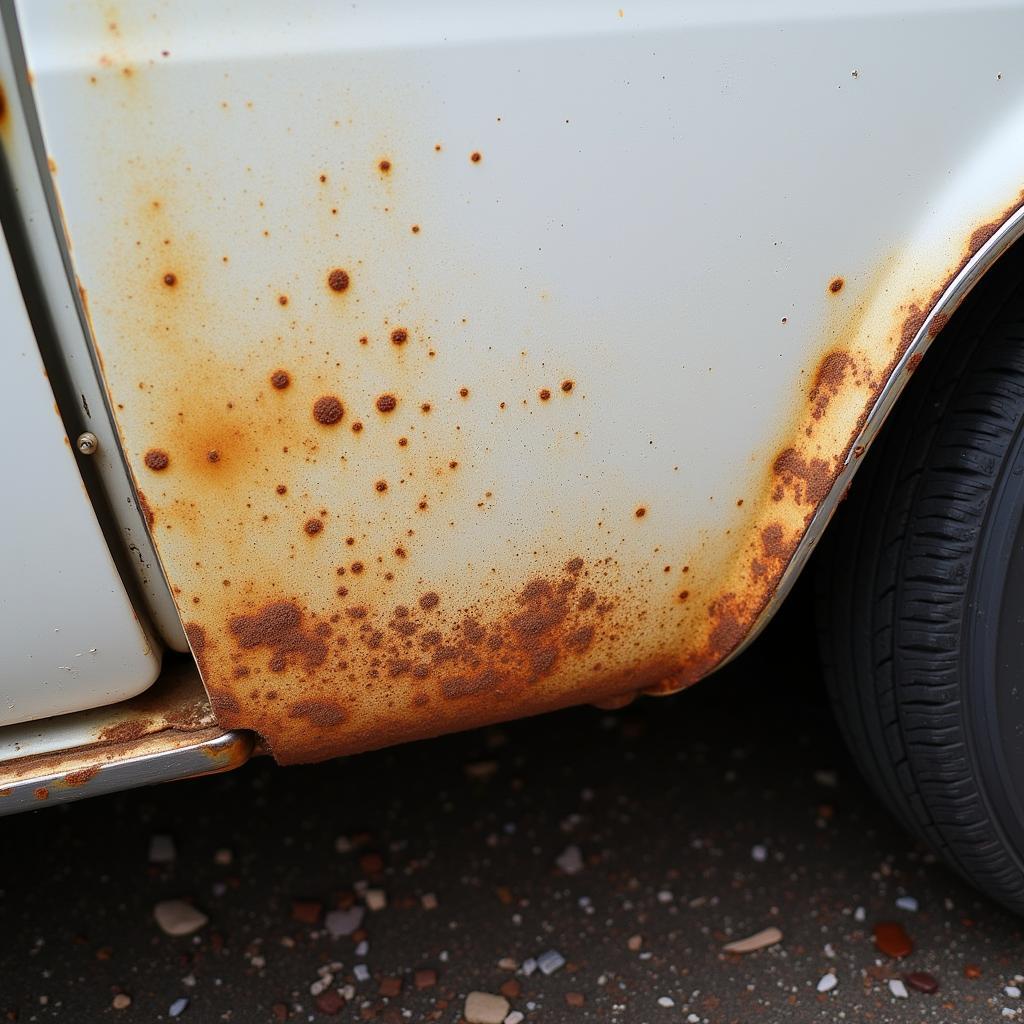A leaking car radiator can lead to overheating and serious engine damage. Knowing How To Fix A Radiator Leak In Car is crucial for every car owner. This guide will equip you with the knowledge and steps to diagnose and address this common car problem, saving you time and money.
Identifying the Leak Source
Before you can fix a radiator leak in car, you need to pinpoint its origin. Leaks can occur in the radiator itself, hoses, or even the radiator cap. Inspect the radiator for cracks, especially around the seams and plastic tanks. Check hoses for bulges, cracks, or loose connections. A faulty radiator cap can also cause leaks due to pressure buildup. Don’t forget to check the overflow tank as well.
What are the signs of a radiator leak? Common signs include low coolant levels, overheating, puddles of coolant under your car, and a sweet smell emanating from the engine bay.
Simple Radiator Leak Fixes
Some radiator leaks can be addressed with readily available solutions. For minor leaks, a radiator sealant can be a temporary fix. Pour the sealant into the radiator according to the product instructions and allow it to circulate. This solution can seal small holes and cracks, allowing you to drive to a repair shop.
Can I drive with a radiator leak? Driving with a leaking radiator is highly discouraged. It can lead to overheating and severe engine damage. If you must drive, keep a close eye on the temperature gauge and top off the coolant frequently.
Radiator Hose Repair
Leaking radiator hoses are a common culprit. If you find a damaged hose, replacing it is a straightforward procedure. Disconnect the hose at both ends, ensuring the engine is cool to avoid burns. Install the new hose, using clamps to secure it tightly.
How do I know if my radiator hose needs replacing? Inspect the hoses for cracks, bulges, and softness. If the hoses are brittle or show signs of wear, they should be replaced.
Radiator Replacement
For more extensive damage, such as large cracks in the radiator, replacement is the best course of action. This task is more complex and may require professional assistance. However, with the right tools and guidance, you can replace the radiator yourself.
how to fix car radiator head plastic leak
Professional Repair
If you’re uncomfortable tackling the repair yourself, taking your car to a qualified mechanic is always a good option. They have the expertise and equipment to diagnose and fix any radiator leak effectively. Don’t hesitate to reach out to a professional if you’re unsure about any step.
“Ignoring a radiator leak can be costly. Addressing the issue promptly can prevent further damage and save you from a hefty repair bill down the line,” advises John Miller, Senior Automotive Technician at Miller’s Auto Repair.
Preventing Future Radiator Leaks
Regular maintenance is key to preventing radiator leaks. Ensure your coolant is topped off and flushed regularly. Inspect your hoses and radiator cap periodically for signs of wear and tear. Addressing these minor issues proactively can prevent major problems in the future.
“Preventive maintenance is the best way to avoid radiator leaks. Regular checks and timely replacements can save you a lot of trouble in the long run,” says Sarah Johnson, Lead Mechanic at Johnson’s Automotive.
how do i fix a car radiator leak
how can i fix a pinhole in my car radatior
Conclusion
Learning how to fix a radiator leak in car is an essential skill for any car owner. By understanding the causes, identifying the source of the leak, and taking appropriate action, you can avoid costly repairs and keep your car running smoothly. Remember, a small leak can quickly escalate into a major problem if left unattended. Contact AutoTipPro at +1 (641) 206-8880 or visit our office at 500 N St Mary’s St, San Antonio, TX 78205, United States for professional assistance with your car radiator leak.







Leave a Reply